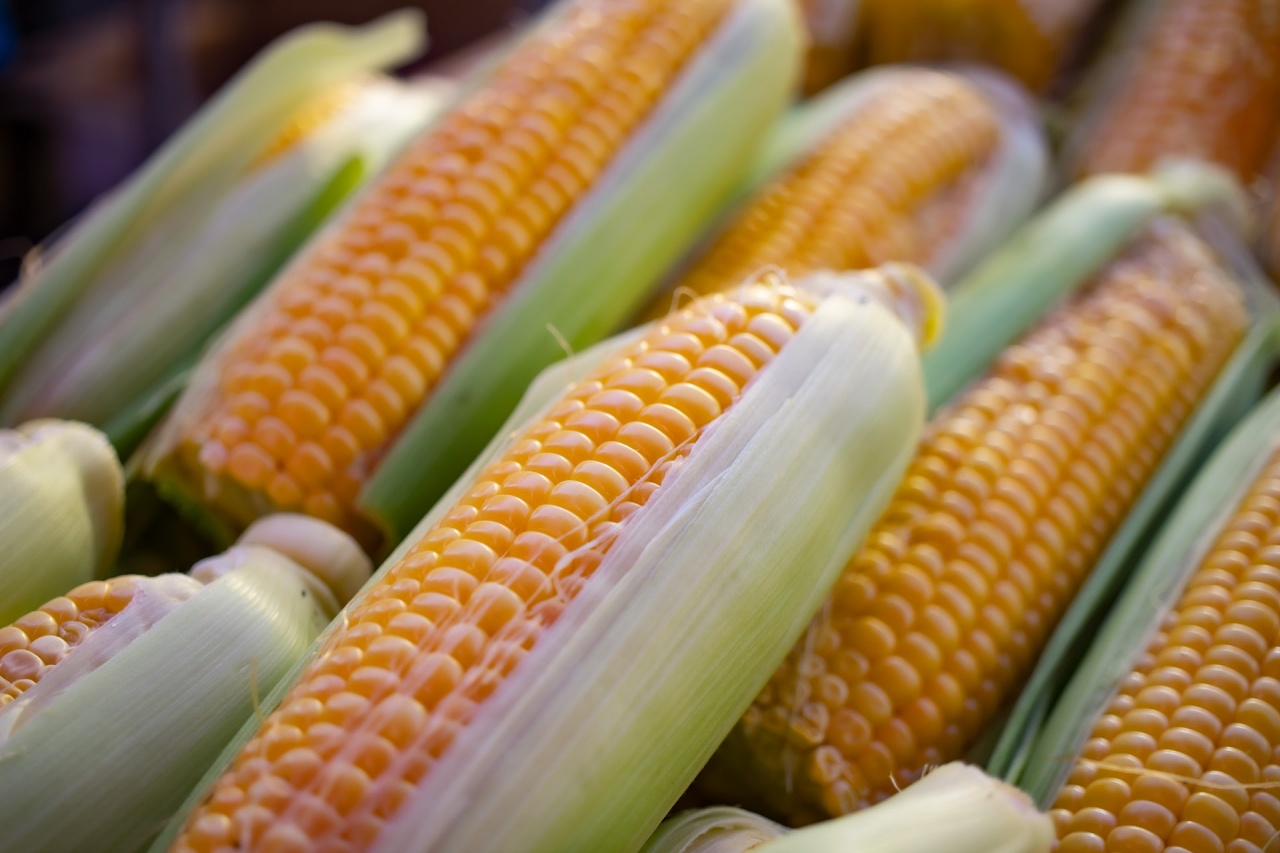Samyang Innochem, the chemical wing of the Samyang Group, has commenced the commercial production of its corn-based isosorbide. The bioplastic is set to be made with starch from corn at its new manufacturing factory inside the Gunsan Free Trade Complex located in the city of Gunsan in North Jeolla Province.
As per Pulse News, with the start of the production, Samyang Innochem achieved a new milestone for its carbon-neutral bioplastic business. The company has also become the second in the world to start commercial isosorbide (ISB) production, with Roquette French bioplastic company being the first.
The new Samyang Innochem isosorbide plant in Gusan has the capacity to produce 15,000 tons annually. It can also manufacture around 40,000 tons of sorbitol which will be used as feed.
It was said that the commercialization of isosorbide is the result of groupwide efforts in the last 13 years. Samyang Innochem chief executive officer Kang Ho Sung said that since 2009, after more than 300 local and foreign patents for the ISB have been approved, the commercialization finally happened.
Isosorbide was described as having better physical properties compared to the existing raw materials. When used for polycarbonate, isosorbide offers higher transparency than regular petroleum-derived plastics. Also, when used for polyurethane, there is less yellowing than the standard materials.
Samyang Innochem said that Isosorbide extracted from processed plant-derived sorbitol shows extensive glass transition temperatures, so it has the potential to replace polycarbonate or polyurethane in various commercial manufacturing applications.
Business Korea mentioned that white bioplastics are plastics made using renewable plant resources like soybeans, wood, and corn. As for Samyang Innochem, it will produce ISB using sorbitol which can be obtained from glucose after processing. The glucose is made from starch extracted from corn, so it can be said that Samyang Innochem’s ISB bioplastics are corn-based.
Finally, Samyang Innochem is planning to construct another ISB plant with a larger capacity. It aims to have its second plant with two times the current production capacity by the year 2025, and construction will start in 2024, located close to the first plant in Gunsan.
Photo by: Wouter Supardi Salari/Unsplash



 Vietnam’s Trade Surplus With US Jumps as Exports Surge and China Imports Hit Record
Vietnam’s Trade Surplus With US Jumps as Exports Surge and China Imports Hit Record  Toyota’s Surprise CEO Change Signals Strategic Shift Amid Global Auto Turmoil
Toyota’s Surprise CEO Change Signals Strategic Shift Amid Global Auto Turmoil  RBI Holds Repo Rate at 5.25% as India’s Growth Outlook Strengthens After U.S. Trade Deal
RBI Holds Repo Rate at 5.25% as India’s Growth Outlook Strengthens After U.S. Trade Deal  American Airlines CEO to Meet Pilots Union Amid Storm Response and Financial Concerns
American Airlines CEO to Meet Pilots Union Amid Storm Response and Financial Concerns  Weight-Loss Drug Ads Take Over the Super Bowl as Pharma Embraces Direct-to-Consumer Marketing
Weight-Loss Drug Ads Take Over the Super Bowl as Pharma Embraces Direct-to-Consumer Marketing  Global Markets Slide as AI, Crypto, and Precious Metals Face Heightened Volatility
Global Markets Slide as AI, Crypto, and Precious Metals Face Heightened Volatility  SoftBank Shares Slide After Arm Earnings Miss Fuels Tech Stock Sell-Off
SoftBank Shares Slide After Arm Earnings Miss Fuels Tech Stock Sell-Off  Amazon Stock Rebounds After Earnings as $200B Capex Plan Sparks AI Spending Debate
Amazon Stock Rebounds After Earnings as $200B Capex Plan Sparks AI Spending Debate  Nvidia, ByteDance, and the U.S.-China AI Chip Standoff Over H200 Exports
Nvidia, ByteDance, and the U.S.-China AI Chip Standoff Over H200 Exports  Japanese Pharmaceutical Stocks Slide as TrumpRx.gov Launch Sparks Market Concerns
Japanese Pharmaceutical Stocks Slide as TrumpRx.gov Launch Sparks Market Concerns  South Africa Eyes ECB Repo Lines as Inflation Eases and Rate Cuts Loom
South Africa Eyes ECB Repo Lines as Inflation Eases and Rate Cuts Loom  Hims & Hers Halts Compounded Semaglutide Pill After FDA Warning
Hims & Hers Halts Compounded Semaglutide Pill After FDA Warning  Dow Hits 50,000 as U.S. Stocks Stage Strong Rebound Amid AI Volatility
Dow Hits 50,000 as U.S. Stocks Stage Strong Rebound Amid AI Volatility  CK Hutchison Launches Arbitration After Panama Court Revokes Canal Port Licences
CK Hutchison Launches Arbitration After Panama Court Revokes Canal Port Licences  Anta Sports Expands Global Footprint With Strategic Puma Stake
Anta Sports Expands Global Footprint With Strategic Puma Stake  Trump Lifts 25% Tariff on Indian Goods in Strategic U.S.–India Trade and Energy Deal
Trump Lifts 25% Tariff on Indian Goods in Strategic U.S.–India Trade and Energy Deal 































